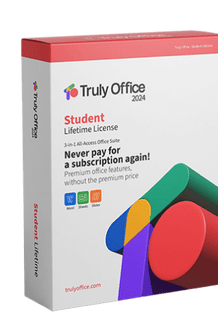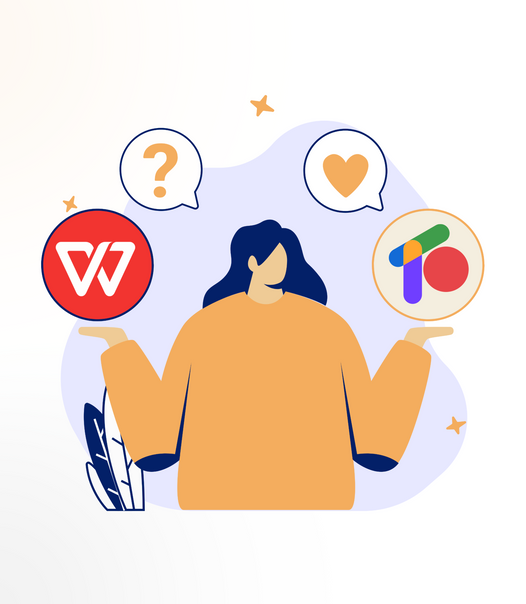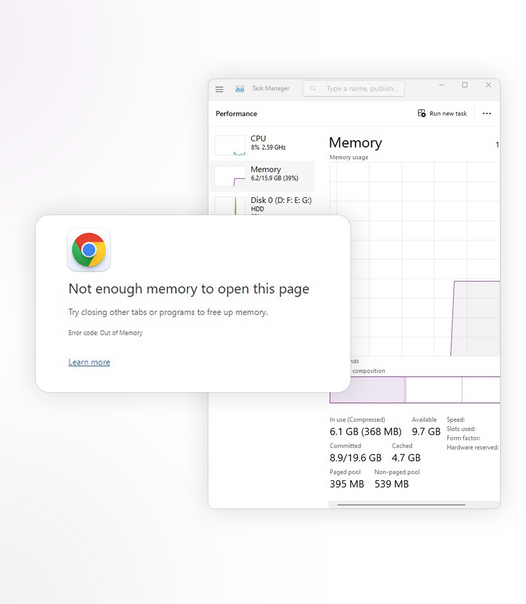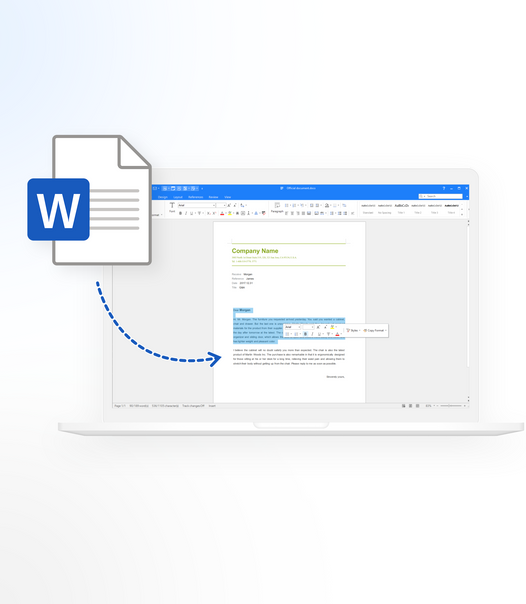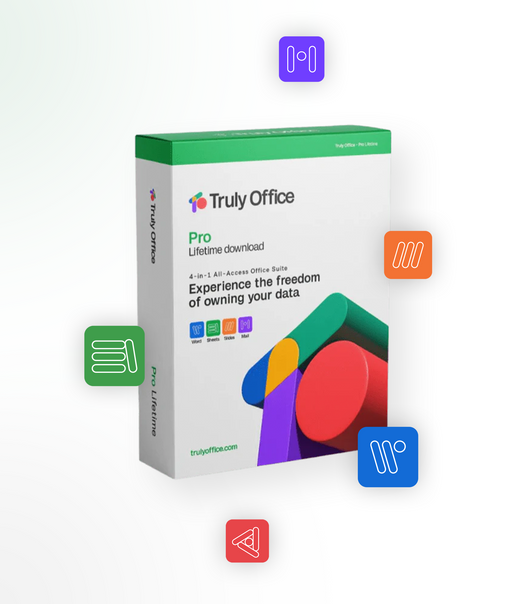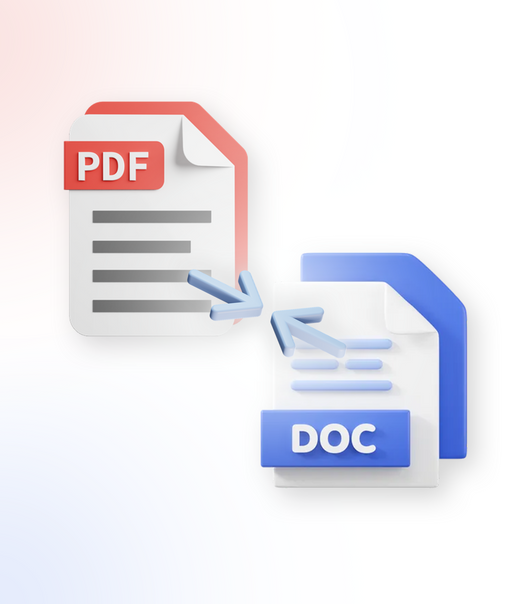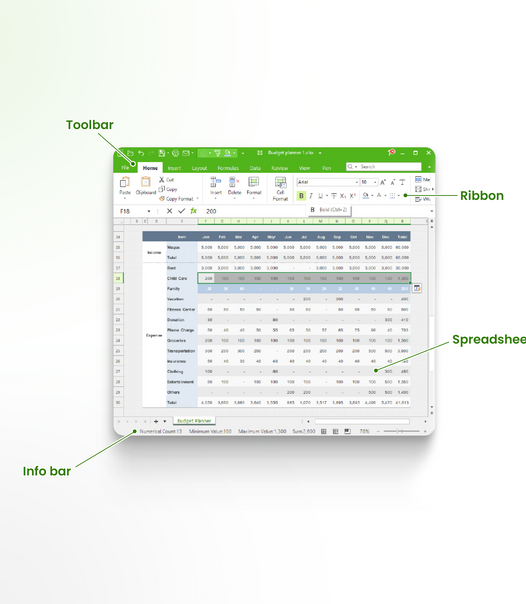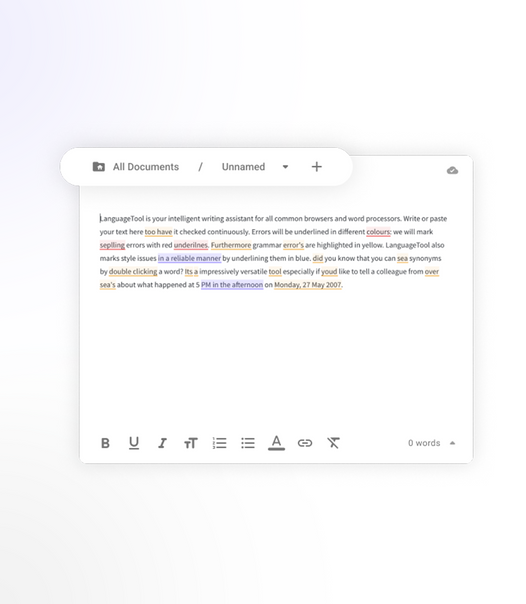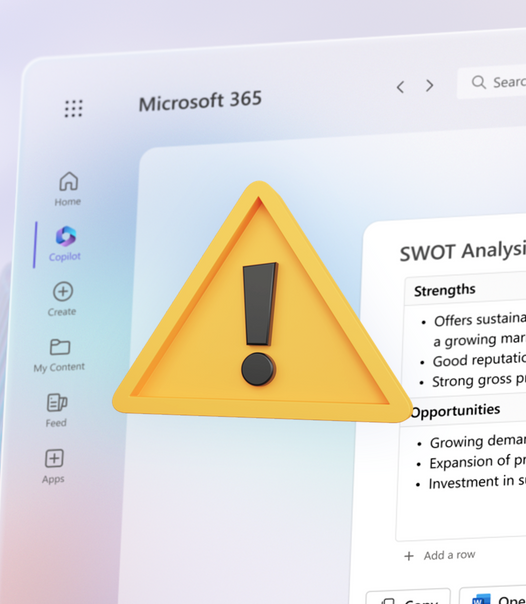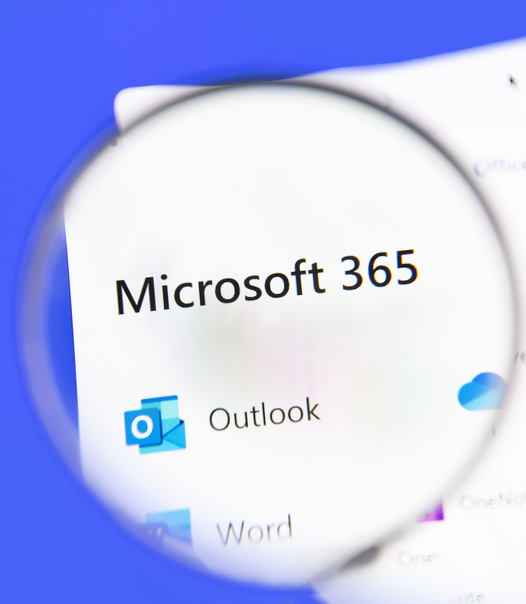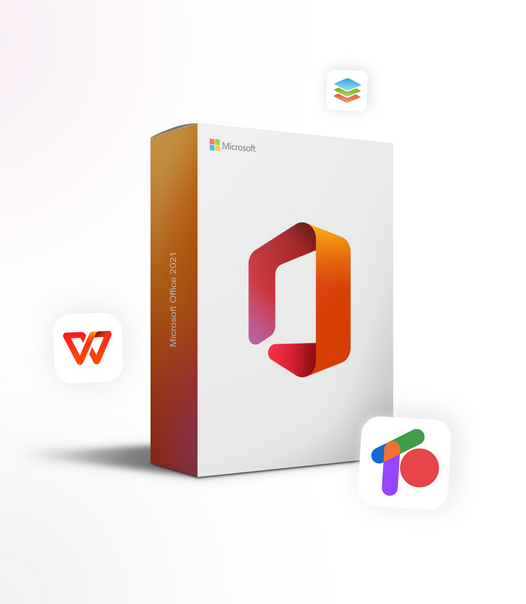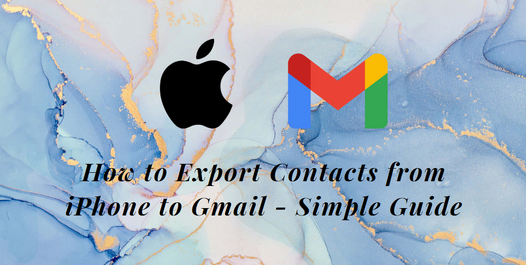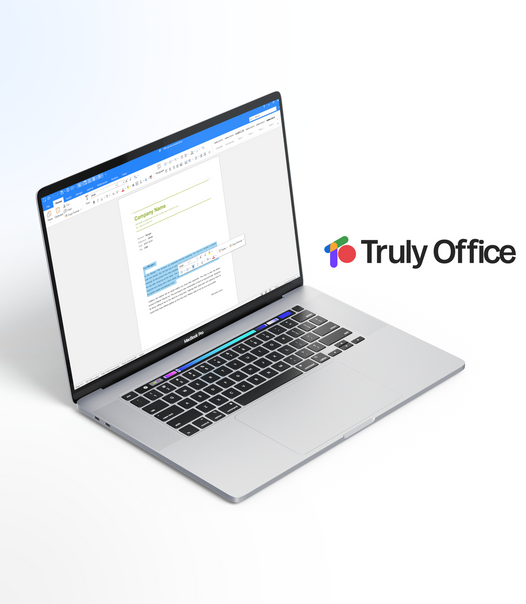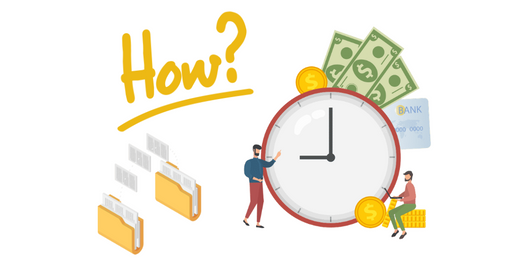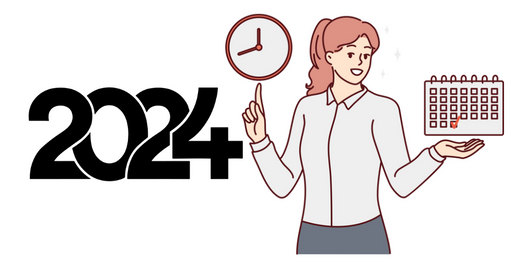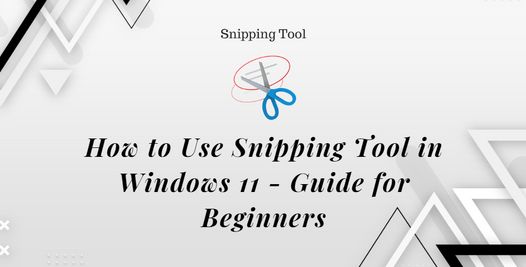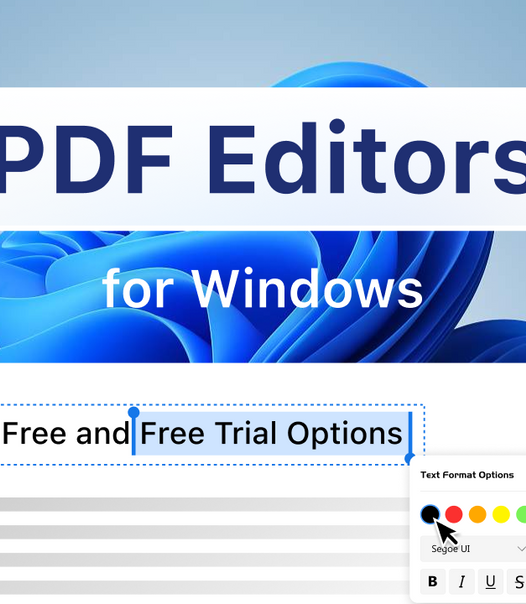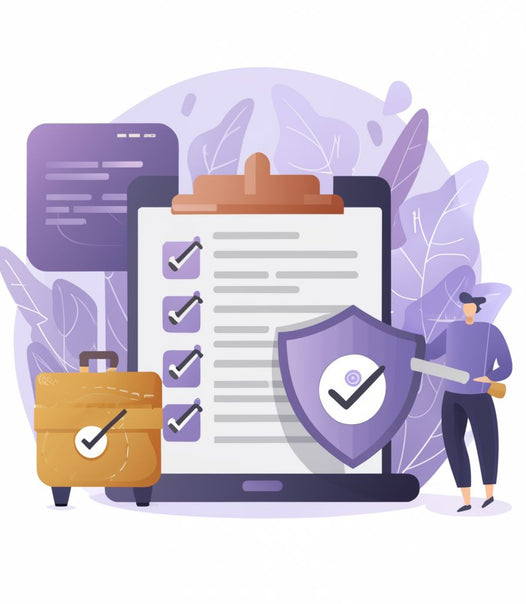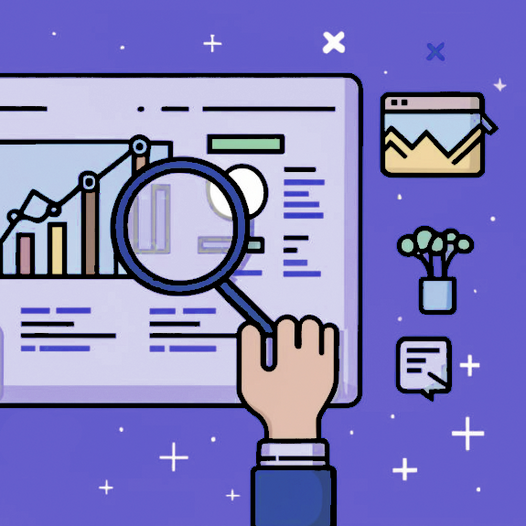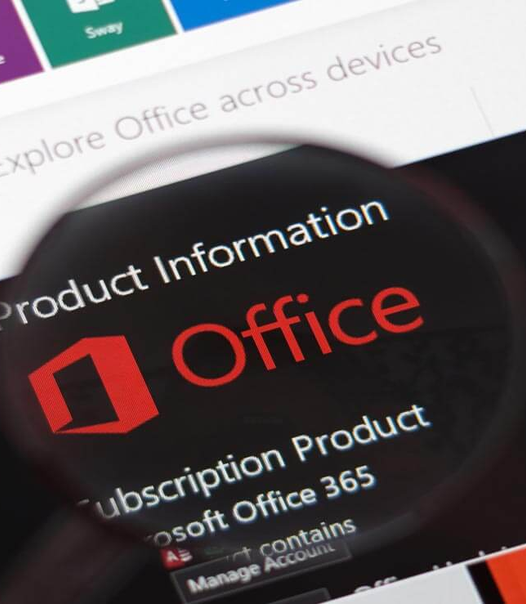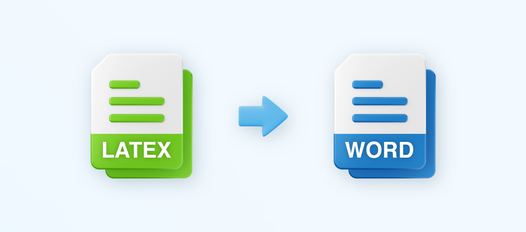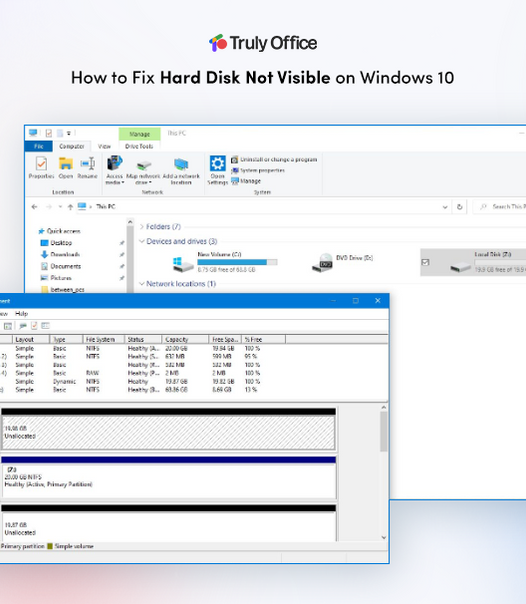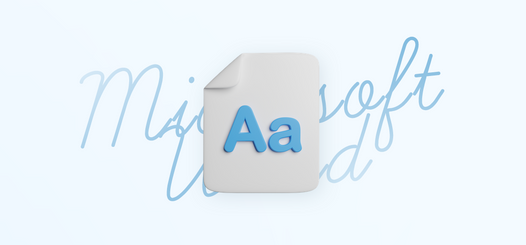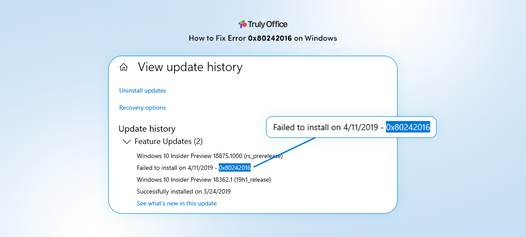Tracking has become a common practice in our digital world. Every click, search and scroll is being tracked by various websites and companies. This tracking has been made possible through the use of tracking tools, which are used to collect user data for various purposes. These tools can range from simple cookies to more sophisticated methods such as pixel tags and fingerprinting.
While some tracking is necessary for basic website functionality, it's crucial to understand the implications of extensive tracking. It raises concerns about privacy, data security, and targeted advertising. As users, we need to be aware of the tools used and take steps to protect our online privacy. These tools can reveal a wealth of information about our online behavior, preferences, and personal details. The collected data is often shared with third parties without our explicit consent, leading to potential misuse or unauthorized access.
To protect your privacy and data, staying informed is one of the best ways to start. In this post, you'll find an overview of some of the latest tracking tools, their implications, and steps you can take to minimize tracking. By understanding these tools and their impact, you can make more informed choices about your online presence and safeguard your personal information.
What Are Tracking Tools?
Tracking tools are technologies used to monitor user behavior, collect data, and provide insights for targeted advertising and website optimization. Common examples include cookies, pixels, and scripts embedded on websites. These tools enable companies to deliver personalized content, improve user experience, and measure the effectiveness of their marketing efforts.
Some organizations use tracking to monitor employees' activities, while others leverage it for security purposes. However, the ethical implications of tracking are a subject of debate, as it raises concerns about user privacy and data security. In the wrong hands or when misused, tracking tools can compromise user privacy and facilitate unauthorized access to personal information.
Many applications you may know and love use tracking tools to collect information about users, devices, and habits. For example, Microsoft Office has come under fire for not complying with laws like GDPR, resulting in its ban in German schools. On the other hand, suites like Truly Office don't track user information, proving much more secure and comfortable to use.
It's increasingly essential to understand how tracking works and take steps to protect our digital footprint.
Is Tracking Legal?

As technology advances and laws become more stringent, companies are being held accountable for their tracking practices. Regulations like the General Data Protection Regulation (GDPR) in Europe and the California Consumer Privacy Act (CCPA) in the United States now require businesses to be transparent about their data collection and usage. They must obtain user consent and provide options to opt out of tracking.
While tracking tools have undoubtedly transformed the digital landscape, striking a balance between personalized experiences and user privacy remains a challenge. As individuals become more aware of their rights and demand greater control over their data, it is crucial for businesses to prioritize transparency, ethics, and user protection in their tracking practices.
Transparency and Consent
Many countries have implemented regulations like the General Data Protection Regulation (GDPR) in the European Union and the California Consumer Privacy Act (CCPA) in the United States to address these concerns. These mandates require organizations to be transparent about their tracking practices, provide clear explanations about the data they collect, and obtain user consent before implementing tracking tools.
Additionally, organizations must offer users the ability to opt out of tracking. This can be done through browser settings, which allow users to disable or limit cookies and other tracking technologies. Some organizations provide website opt-out mechanisms or allow users to manage their preferences through a centralized platform.
The Latest Tracking Tools

With the growing demand for privacy protection, organizations face a challenge regarding tracking tools. They must find a way to collect valuable data for personalized experiences while respecting user privacy. To address this issue, businesses are exploring alternative tracking methods prioritizing anonymity and obtaining user consent. This approach allows organizations to strike a balance between providing personalized experiences and respecting the privacy preferences of their users.
The shift towards these alternative tracking methods has allowed new tracking tools to enter the market. These tools are designed to collect user data without compromising privacy. Here are some of the latest tracking tools used by businesses to navigate this new landscape:
Fingerprinting
Fingerprinting is a technique used to collect information about a device's configuration, such as the browser type and version, operating system, plugins, and screen resolution. This data can be used to create a unique identifier for each device, allowing organizations to track users across websites without using cookies.
This is the most common type of tracking websites use and can be difficult for users to detect or block. It is also controversial, raising concerns about user privacy and data security.
Virtual Beacons
Virtual beacons use location-based tracking technology to collect information about users' physical movements. This data can be used for targeted advertising, personalized content delivery, and analytics.
It's important to note that virtual beacons require user consent and are easily detected, making it easier for users to manage their privacy preferences. For this reason, it is considered a more ethical alternative to other forms of tracking.
Blockchain Tracking
Blockchain technology is a secure and decentralized method of storing data. It can be used to create a tamper-proof record of user activities, providing greater transparency and control over data collection. Blockchain tracking is still in its early stages and is not yet widespread. However, prioritizing user privacy and security can potentially revolutionize tracking practices.
Differential Privacy
Differential Privacy is a data anonymization technique that adds noise to datasets, making them less identifiable while maintaining statistical accuracy. This method allows organizations to collect valuable insights without compromising individual privacy.
While differential privacy is still being researched and refined, it has the potential to address many ethical concerns surrounding tracking.
Federated Learning
Federated Learning is a machine learning technique that allows organizations to train models on decentralized data sources without centralizing the actual data. This approach protects user privacy and ensures that sensitive information is not shared with third parties. The data remains local to each device, and only the aggregated insights are shared with the organization.
The early stages of federated learning are promising, and it has the potential to revolutionize personalization while prioritizing user privacy.
Contextual Advertising
Contextual advertising is a popular alternative to personalized advertising. Instead of personal data, this method delivers targeted ads based on the website content or keywords in the user's search query. This approach eliminates the need for tracking tools and provides a more privacy-friendly option for businesses.
By embracing the latest tracking methods and adopting a user-centric approach, businesses can not only comply with privacy regulations but also build trust and loyalty with their users.
Protecting Your Privacy Against Tracking

While organizations have a responsibility to adhere to regulations and respect user preferences, individuals can also take steps to protect their privacy. Users have various options to manage their privacy preferences, ensuring a safe and comfortable online experience.
Here are some steps you can take to protect your privacy against tracking:
1. Clearing Cookies Regularly
Cookies are small text files that are stored on your computer by websites you visit. These files contain data that helps websites remember your information and preferences. When you visit a website, it sends a cookie to your browser, saving it on your device. There are different types of cookies that serve various purposes, such as temporary session cookies or third-party cookies that remain on your device.
Websites use cookies for various purposes, including authentication, personalization, analytics, and advertising. Cookies help verify your identity, provide a personalized experience, gather anonymous user data, and display targeted ads based on your interests.
Managing cookies is crucial for addressing privacy concerns while browsing the internet. Users can take control of their online privacy by regularly clearing cookies, adjusting cookie settings, using browser extensions, and opting out of third-party tracking.
2. Using VPNs
Virtual Private Networks (VPNs) help users protect their online privacy by encrypting their internet connection and routing it through a private server. VPNs hide your IP address and location, making it difficult for websites to track or identify your activities.
VPNs are widely used by individuals who want to access restricted content or protect sensitive information from hackers' prying eyes. They are also useful for blocking tracking tools and preventing websites from gathering your personal data. However, some websites and services are able to detect and block VPNs, so it's not a foolproof solution.
3. Adjusting Browser Settings
Most modern browsers like Brave and Firefox have privacy-focused settings that allow users to block cookies, tracking tools, and ads. Users can also adjust the level of protection they prefer by choosing standard or strict modes. Some browsers offer features like anti-tracking protection and private browsing modes that prevent websites from tracking your activities or saving your search history.
It is important to research the browser's privacy features and customize the settings according to your preferences. Widely used browsers like Google Chrome have built-in tracking features that may not align with everyone's privacy expectations.
4. Using Privacy-Friendly Search Engines
Search engines like DuckDuckGo, Startpage, and Qwant are designed with user privacy in mind. Unlike popular search engines that track and record users' search history, these alternatives do not collect personal data or use cookies. These search engines offer additional privacy features like encrypted connections, no third-party tracking, and private browsing modes.
5. Rejecting Unnecessary Permissions
When you visit a page for the first time (or after cleaning your browser data), you may encounter a pop-up or banner asking for permission to use cookies and other tracking methods. These are often used for advertising purposes, and users have the right to reject them if they do not wish to be tracked. Opting out of tracking can help limit the amount of information third-party services collect about your online activities.
However, it's worth noting that some websites may not function properly without certain permissions. It's up to the user to decide which permissions are necessary and which ones they are comfortable with sharing.
6. Using Private Browsing Modes
Most browsers have a private browsing mode (often called Incognito Mode) that does not store cookies or browsing history, making it harder for companies to track your activities. Private browsing modes are useful for preventing websites from tracking your online behavior, but remember that it does not make you completely invisible.
Private browsing only prevents your browser from storing data. It does not protect you from network-level tracking or prevent the website owners from collecting information about your visit.
The Future of Tracking
As technology continues to evolve, so will tracking practices. As individuals become more aware of their rights and demand greater control over their data, companies will need to adopt more ethical and transparent approaches to tracking. Striking a balance between personalization and privacy will be key for businesses moving forward.
While tracking tools offer valuable insights for businesses, they must be used responsibly with a focus on user protection. By prioritizing transparency, consent, and user control, we can create a digital ecosystem that respects privacy while delivering personalized experiences.
In this ever-changing digital landscape, users must stay informed and take proactive steps to protect their privacy. As individuals, we can choose which services we use, how our data is shared, and what level of personalization we are comfortable with. Educating yourself on tracking practices and taking control of your online presence can shape a safer and more respectful internet for all.
Conclusion
The latest tracking tools place a greater responsibility on businesses to uphold user privacy. As such, it is crucial for organizations to review and update their privacy policies regularly, clearly communicate tracking practices to users, and provide easy-to-use tools for users to manage their data preferences. Industry-wide initiatives such as adopting standardized consent mechanisms and promoting data anonymization can further enhance user privacy in the digital realm.
Ultimately, balancing personalization and privacy will be key for businesses moving forward. By prioritizing transparency, consent, and user control, we can create a digital ecosystem that respects privacy while delivering personalized experiences. This ensures compliance with regulations and fosters trust and loyalty among consumers.
As technology continues to advance, it is imperative that businesses stay vigilant in protecting user privacy and adapt their practices accordingly.
Boost Your Productivity with Truly Office
Ready to revolutionize your workspace? Upgrade to Truly Office and experience the best Microsoft Office alternative. Don't just work – work smart! This powerhouse not only mirrors Microsoft Office but adds extra features for a seamless workflow. It's the smart choice for modern professionals, from document creation to data analysis.
Enter a world where your ideas come to life with a single click. Design stunning presentations and documents effortlessly with Truly Office, the ultimate productivity suite. With its intuitive interface, you can easily create and collaborate, regardless of your skill level.
Buy Truly Office today and elevate your work experience. Unleash the power of innovation, productivity, and collaboration like never before!

